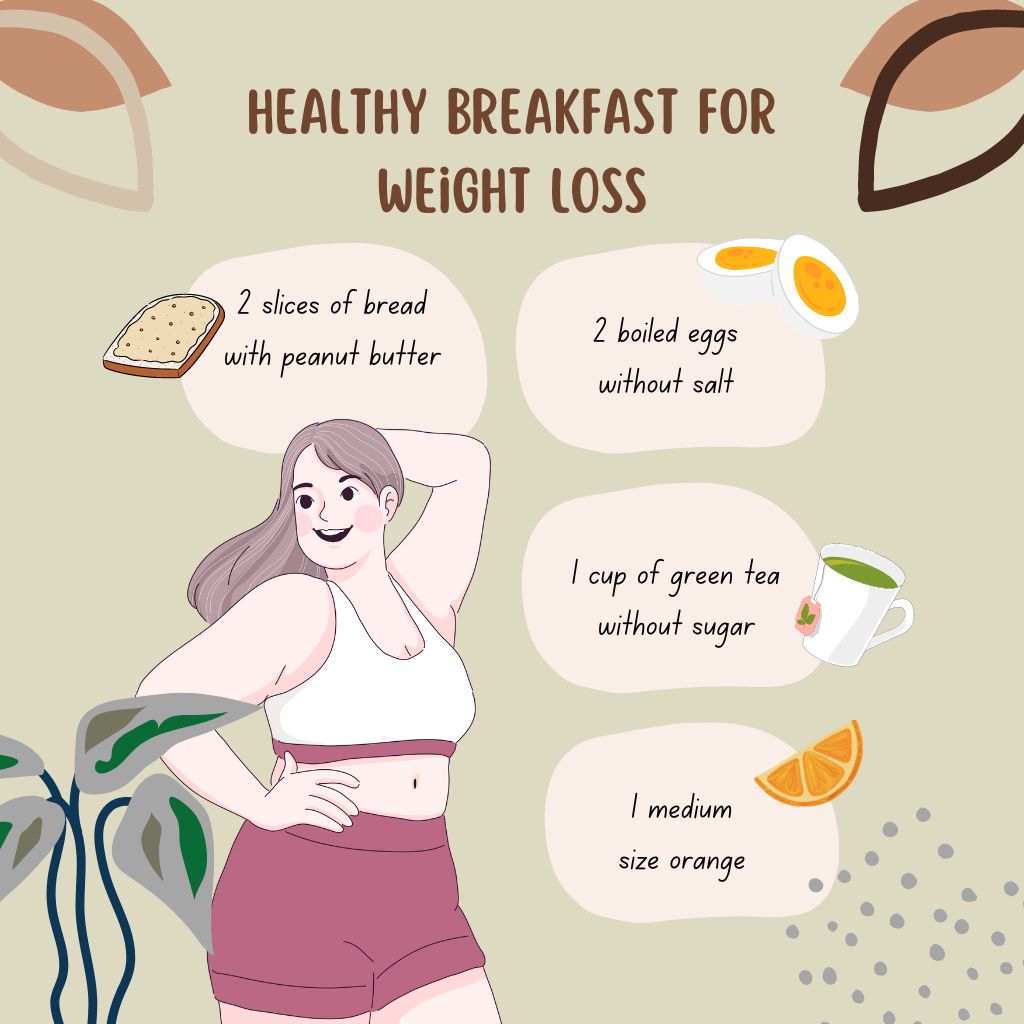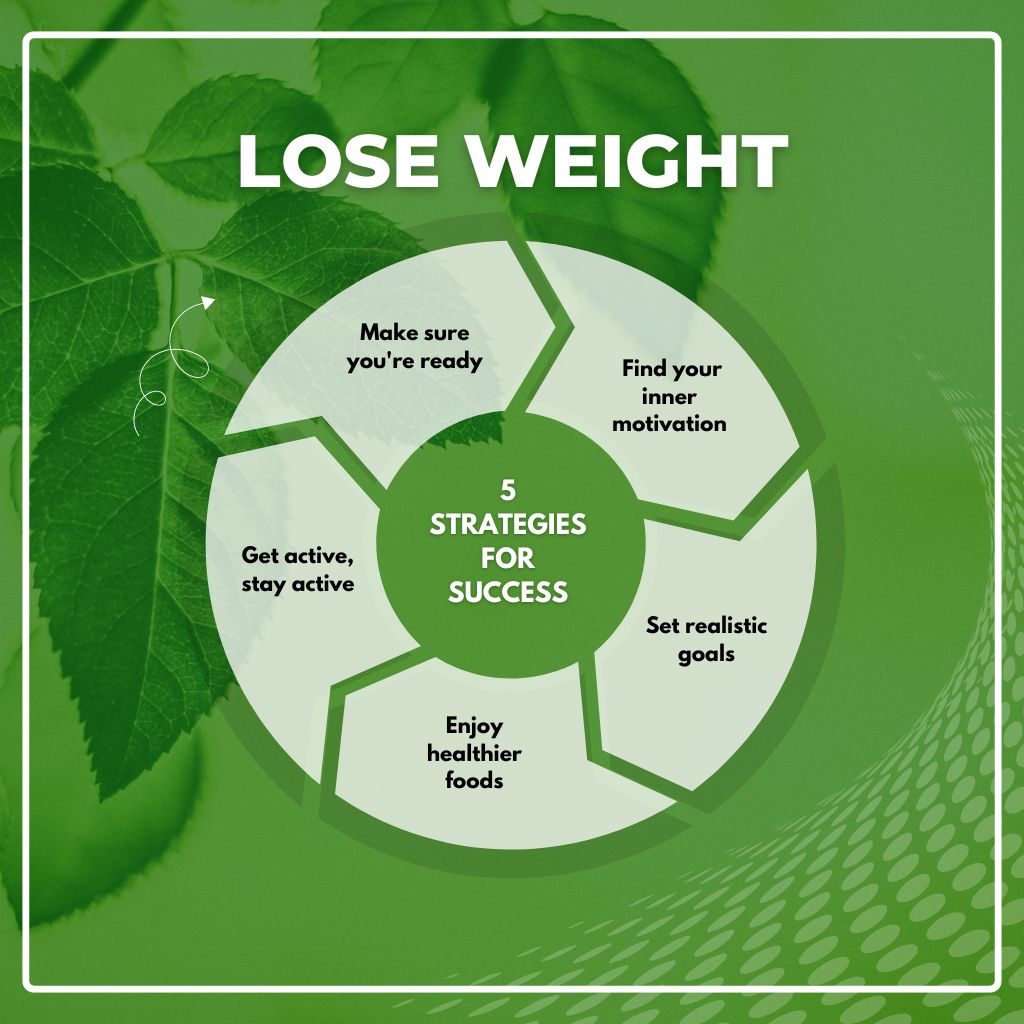Understanding Your Body: The Role of Medical Data in Weight Loss Programs

Understanding Your Body: The Role of Medical Data in Weight Loss Programs Losing weight is not just about eating less and exercising more. Every body is unique, and factors like genetics, metabolism, and overall health significantly influence weight loss outcomes. This is where medical data becomes an essential part of the process, helping to craft more precise, personalized weight loss programs. Understanding your body through medical data can guide you towards more effective and sustainable weight loss results. 1. Personalized Approach Based on Genetic Data One of the most significant advancements in weight loss programs is the integration of genetic testing. By analyzing your DNA, professionals can determine how your body processes certain foods, your predisposition to weight gain, and your ability to build muscle. This data helps tailor a diet and exercise plan that suits your genetic profile, making your efforts more efficient and targeted. For example, some individuals might have a genetic predisposition to metabolize fats differently, and understanding this can allow for adjustments in dietary fat intake. 2. Metabolic Rate and Caloric Needs Your metabolism plays a crucial role in how quickly you burn calories and lose weight. Using medical data like resting metabolic rate (RMR) assessments, professionals can determine how many calories your body burns at rest. This data ensures that your caloric intake is appropriately adjusted for weight loss without risking malnutrition or muscle loss. When you know your unique metabolic rate, you can fine-tune your diet to avoid common issues like plateauing or unintentional overeating. 3. Hormonal Balance and Weight Loss Hormones, such as insulin, cortisol, thyroid hormones, and leptin, play a pivotal role in weight management. Medical data allows for the evaluation of your hormonal health, identifying imbalances that could be hindering your weight loss efforts. For example, conditions like hypothyroidism or insulin resistance can slow down weight loss, while elevated cortisol from chronic stress can cause the body to store more fat. By using medical tests to assess hormone levels, weight loss programs can be tailored to address these issues and make the process more effective. 4. Understanding Body Composition Weight loss should focus on fat loss rather than just reducing the number on the scale. Body composition analysis, such as measuring muscle mass, fat percentage, and water retention, provides a clearer picture of your progress. Medical tools like DEXA scans or bioelectrical impedance analysis (BIA) give a detailed breakdown of your body composition, helping to ensure that you are losing fat, not muscle, and maintaining proper hydration. This approach promotes healthier, sustainable weight loss while preventing muscle atrophy. 5. Monitoring Health Conditions Chronic conditions like diabetes, heart disease, or high blood pressure require careful management when embarking on a weight loss program. Medical data helps monitor how your body responds to dietary changes and exercise, ensuring that your health remains stable throughout the journey. Regular monitoring of blood sugar, cholesterol, and blood pressure levels allows for adjustments in your weight loss plan, keeping your health at the forefront while helping you achieve your goals safely. 6. Nutritional Deficiencies Nutrient deficiencies can hinder your weight loss progress and leave you feeling fatigued or unwell. Blood tests that assess levels of key vitamins and minerals such as vitamin D, iron, and calcium allow professionals to detect any deficiencies. Based on this data, your weight loss program can include appropriate supplements or diet modifications to ensure your body has the nutrients it needs for optimal function and fat burning.
How a Holistic Approach to Weight Loss Yields Long-Term Success

How a Holistic Approach to Weight Loss Yields Long-Term Success When it comes to weight loss, many people focus solely on diet and exercise. While these are crucial components, a holistic approach looks beyond just calories and workouts. It takes into account your mental, emotional, and physical well-being, which leads to sustainable and long-term success. Here’s how adopting a holistic approach can make a lasting difference in your weight loss journey. 1. Focus on Overall Health, Not Just the Scale A holistic approach emphasizes overall health rather than fixating on the number on the scale. It recognizes that true wellness is a balance of physical, mental, and emotional health. By focusing on improving sleep, reducing stress, enhancing digestion, and building emotional resilience, you not only lose weight but also improve your energy levels, mental clarity, and overall vitality. 2. Customized, Sustainable Habits Instead of quick fixes or fad diets, a holistic approach encourages long-term, sustainable habits that are customized to your lifestyle. It integrates various aspects like nutritional counseling, mindfulness practices, and stress management to ensure that the changes you make are not only effective but also maintainable. This way, you are less likely to fall back into old habits and more likely to continue living healthily beyond the initial weight loss. 3. Mental and Emotional Well-Being Your mindset plays a huge role in the success of your weight loss journey. Holistic weight loss focuses on your emotional well-being and mental health. This could include mindfulness techniques, therapy, or even support groups to help you cope with emotional triggers that may cause overeating. By addressing emotional eating, self-esteem issues, or anxiety, you create a healthier relationship with food and your body, leading to a more positive and sustainable outcome. 4. Stress Reduction and Balance Stress can have a direct impact on weight gain, especially through the release of the hormone cortisol, which triggers fat storage. A holistic approach incorporates stress-reducing activities such as yoga, meditation, breathing exercises, or even spending time in nature. These practices not only improve your mental state but also make it easier to manage your cravings, stick to healthy habits, and prevent weight gain linked to stress. 5. Physical Fitness and Body Awareness Rather than focusing solely on intensive workout regimens, a holistic weight loss plan emphasizes body awareness and overall movement. This could include a combination of different physical activities like strength training, cardio, yoga, or even walking in nature. Listening to your body and engaging in movement that feels good to you helps avoid burnout and injury, making fitness a sustainable part of your life. 6. Better Digestion and Gut Health Holistic weight loss often includes a focus on digestive health and balancing the gut microbiome. Poor digestion can hinder weight loss, cause bloating, and lead to unhealthy eating patterns. A holistic approach addresses issues like gut inflammation, nutrient absorption, and food intolerances, which not only helps with weight loss but also contributes to better overall health.
5 Key Benefits of Working with a Professional Team for Weight Loss

5 Key Benefits of Working with a Professional Team for Weight Loss Embarking on a weight loss journey can be challenging, especially when trying to navigate it alone. Working with a professional team offers a wealth of benefits, ensuring you stay motivated, informed, and on track. Here are the five key benefits of working with a professional team for weight loss: 1. Personalized Nutrition and Fitness Plans One-size-fits-all weight loss programs rarely work because everyone’s body responds differently to diets and exercises. A professional team, including dietitians and fitness trainers, can develop a personalized plan tailored to your unique needs, metabolism, and lifestyle. This customized approach ensures that you’re following a plan that suits your body type and maximizes your results. 2. Expert Guidance and Education Weight loss isn’t just about cutting calories or spending hours at the gym. It involves understanding the science behind nutrition, exercise, and how your body responds to various stimuli. A professional team provides expert guidance on what works and what doesn’t. They educate you on the right foods, portion sizes, effective workout routines, and how to maintain a balanced approach to health. 3. Accountability and Motivation One of the most significant benefits of having a professional team is the built-in support system. Trainers and nutritionists hold you accountable for your progress, helping you stay committed to your weight loss goals. This level of accountability, combined with ongoing encouragement, boosts your motivation and keeps you on track, even when challenges arise. 4. Access to Professional Tools and Resources When you work with a professional team, you often gain access to high-quality tools and resources that can make your weight loss journey easier. From body composition assessments to meal planning apps and fitness trackers, professionals use advanced technology to monitor your progress accurately. These tools help provide insights that allow the team to adjust your plan as needed for continued success. 5. Long-Term Success and Sustainable Habits One of the biggest challenges in weight loss is maintaining the results. Many people lose weight quickly only to regain it later due to unsustainable methods. A professional team focuses on long-term success by teaching you how to develop healthy habits that are easy to maintain. They prioritize gradual changes that become part of your daily routine, ensuring that the weight you lose stays off for good.